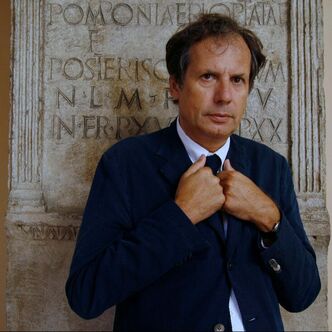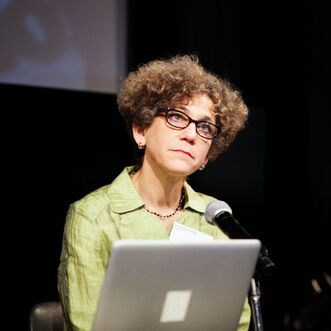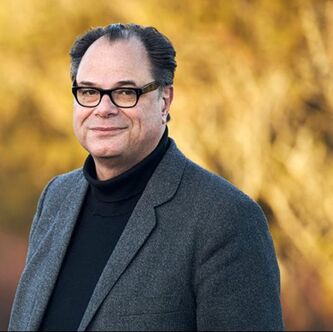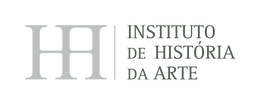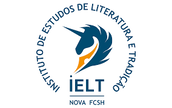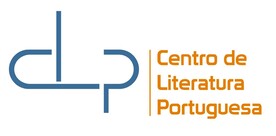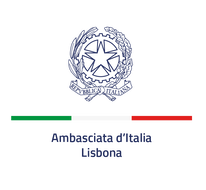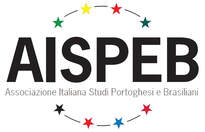|
Maurizio Ferraris
Università di Torino 15 December - 11:30 The resurrection of the body Never has the importance of natural intelligence for purposes and meanings been as clear as it is currently, in the era of artificial intelligence. Natural intelligence is not critical because it transcends machine computing but because it has a body, an organism with its urges and mortality.
Maurizio Ferraris (Torino 1956) wrote more than sixty books that have been translated into several languages. The last one is Documanità. Filosofia del mondo nuovo (Laterza). Full Professor of Philosophy, he is the President of the LabOnt – Center for Ontology and Deputy Rector for Humanities Research at the University of Turin. He is columnist for ‘La Repubblica’, for ‘Neue Zürcher Zeitung’, and for ‘Libération’. He is also the director of “Scienza Nuova”, an institute of advanced studies – dedicated to Umberto Eco and uniting the University and the Polytechnic of Turin – aimed at planning a sustainable future, both from a cultural and from a political point of view.
Among his books that have appeared in English we quote: History of Hermeneutics (Humanities Press, 1996); A Taste for the Secret (with Jacques Derrida – Blackwell, 2001); Documentality or Why it is Necessary to Leave Traces (Fordham UP, 2012); Goodbye Kant! (SUNY UP, 2013); Where Are You? An Ontology of the Cell Phone (Fordham UP, 2014); Manifesto of New Realism (SUNY UP, 2014); Introduction to New Realism (Bloomsbury, 2014); Positive Realism (Zer0 Books, 2015); Learning to Live: Six Essays on Marcel Proust (Brill – 2020) and Speculation (forthcoming, University of Edimburgh press). |
Johanna Drucker
UCLA new time | on-line 16 December - 16:00 Seeing the Screen: The Materiality of Modern Knowledge Production Contemporary images made from data or signal processing—such as the photorealistic presentation of infrared sensor information transmitted by the James Webb Telescope–can be striking in their authoritative and “realistic” production of knowledge. Though materially complex, these images often appear to be transparent, simple presentations of natural or cultural phenomena. Their constructed-ness, nearly invisible in the present, becomes apparent with historical distance as quaint language, antiquated graphics, and outmoded data models come into view. Modern traditions frequently link knowledge with empiricism, bypassing attention to material modes of production in favor of metaphors of windows and mirrors. Such approaches ignore the codependences of materiality and epistemology—the ways textual records, quantitative measures, and physical artifacts shape research differently. This talk proposes a concept of “screen” as the fundamental site and instrument of knowledge construction with attention to its often invisible materiality in scholarly and popular understanding.
Johanna Drucker is Distinguished Professor and Breslauer Professor in the Department of Information Studies at UCLA. She is internationally known for her work in the history of graphic design, typography, experimental poetry, fine art, and digital humanities. Drucker is also known for her artist‘s books which were the subject of a travelling retrospective, Druckworks: 40 years of books and projects, in 2012-2014. In 2014 she was elected to the American Academy of Arts and Sciences. A collection of her essays, What Is? (Cuneiform Press) was published in 2013 and Graphesis: Visual Forms of Knowledge Production (Harvard University Press) appeared in 2014. Digital_Humanities, with Anne Burdick, Peter Lunenfeld, Todd Presner, and Jeffrey Schnapp, (MIT Press) was published in 2012. Recent work includes Diagrammatic Writing (Onomatopée, 2014), Fabulas Feminae (Litmus Press, 2015), The General Theory of Social Relativity, (The Elephants, 2018), and Downdrift: An Eco-fiction (Three Rooms Press, 2018). Her new titles include Visualization and Interpretation (MIT Press, 2020), and Iliazd: Meta-Biography of a Modernist (Johns Hopkins University Press 2020), with Digital Humanities: An introduction to Digital Methods due from Routledge Spring 2021.
|
Bernhard Siegert
Bauhaus University Weimar 17 December - 11:30 Seaborn(e) Modernisms: Literature, Art, Navies In the ecological paradigm which has embraced not only Media Studies but to certain degrees also Literary Studies and Art History since a couple of years, the question of the „Materiality of Modernisms“ has to be formulated as the question of those hybrid „MediaNatures“ (Jussi Parikka), which constitute the environmental conditions of art and literature. However, already long before the ecological turn literary scholars as well as art historians have contended that the sea is the medium of literary modernism (e.g. of Melville und Conrad) and of the modernism of art (e.g. of Mondrian). Nevertheless the narratives of modernism either of art history or the history of literature have only rarely transgressed the limits of their respective disciplines. By contrast, I suggest to connect modern art and literature to (media-)technological changes which immerse the apparatus of human perception in environments which require the introduction of a new prosthetic organization of sense routines.
That the key feature of modernism is the switch from representation to self-referentiality is a long-established truth. But by dealing with its own medial or material properties a system makes observable its own external technical-discoursive conditions. Thus, I hope to show how literature (Erskine Childers) and art (Neo-Impressionism and Cubism) are enmeshed in the sea as „a special kind of medium for modernism“ (Rosalind Krauss). The naval space of operations around 1900 is an environment, which involves literature and art in a special way into the crisis of Cartesian/Kantian phenomenology and representationality. Bernhard Siegert is Gerd Bucerius Professor for History and Theory of Cultural Techniques at the Media Faculty at the Bauhaus University Weimar. From 2008 to 2020 he was co-director of the International Research Center for Cultural Techniques and Media Philosophy at Weimar (IKKM). Since 2021 he leads the project “THE NEW REAL – Past, Present, and Future of Computation and the Ecologization of Cultural Techniques” funded by the NOMIS Foundation. Siegert was Max Kade Professor at the University of California at Santa Barbara (2008 and 2011), Phyllis and Gerald LeBoff Visiting Scholar at the Department for Media, Culture, and Communication at New York University (2015), International Visiting Research Scholar at the Peter Wall Institute for Advanced Studies, University of British Columbia, Canada (2016), Eberhard Berent Visiting Professor and Distinguished Writer in Residence at the Department of German, New York University (2017), DAAD Visiting Scholar at the Faculty of English, University of Cambridge, UK (2017), Fellow at the Center for Advanced Studies "Evidence of Images: History and Aesthetics" at the Freie Universität Berlin (2018), Guest Lecturer at the Department of Culture and Aesthetics, Stockholm University, Sweden (2018). In 2019 he was Visiting Professor at the Department of Visual and Environmental Studies at Harvard University. |
Organization
Sponsors
This work is financed by national funds through FCT – Foundation for Science and Technology under projects UIDB/00417/2020, UIDB/00657/2020, UIDB/04042/2020, and UIDB/00759/2020.
Main image credits: Zentrum Paul Klee - www.zpk.org
Main image credits: Zentrum Paul Klee - www.zpk.org
